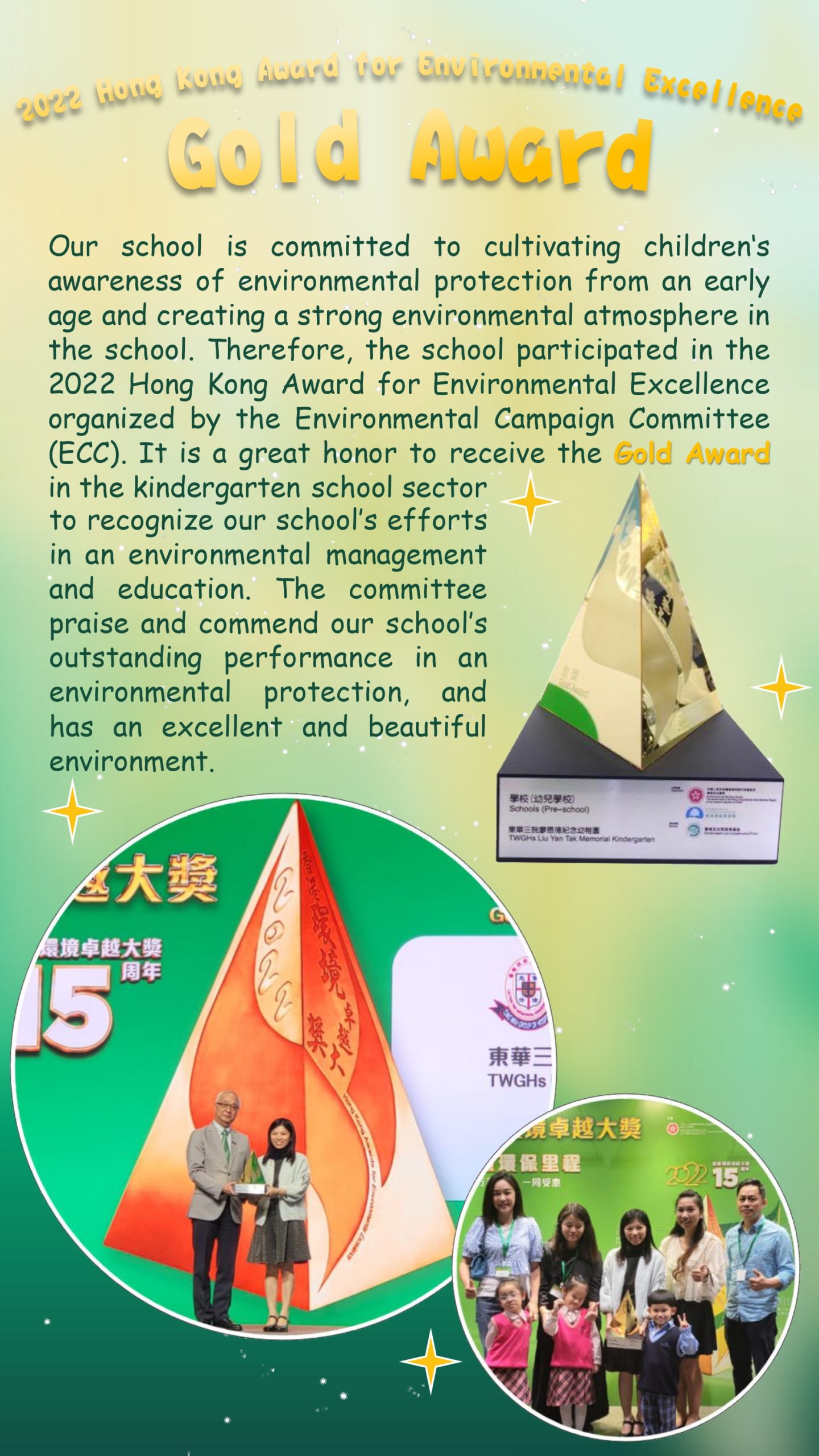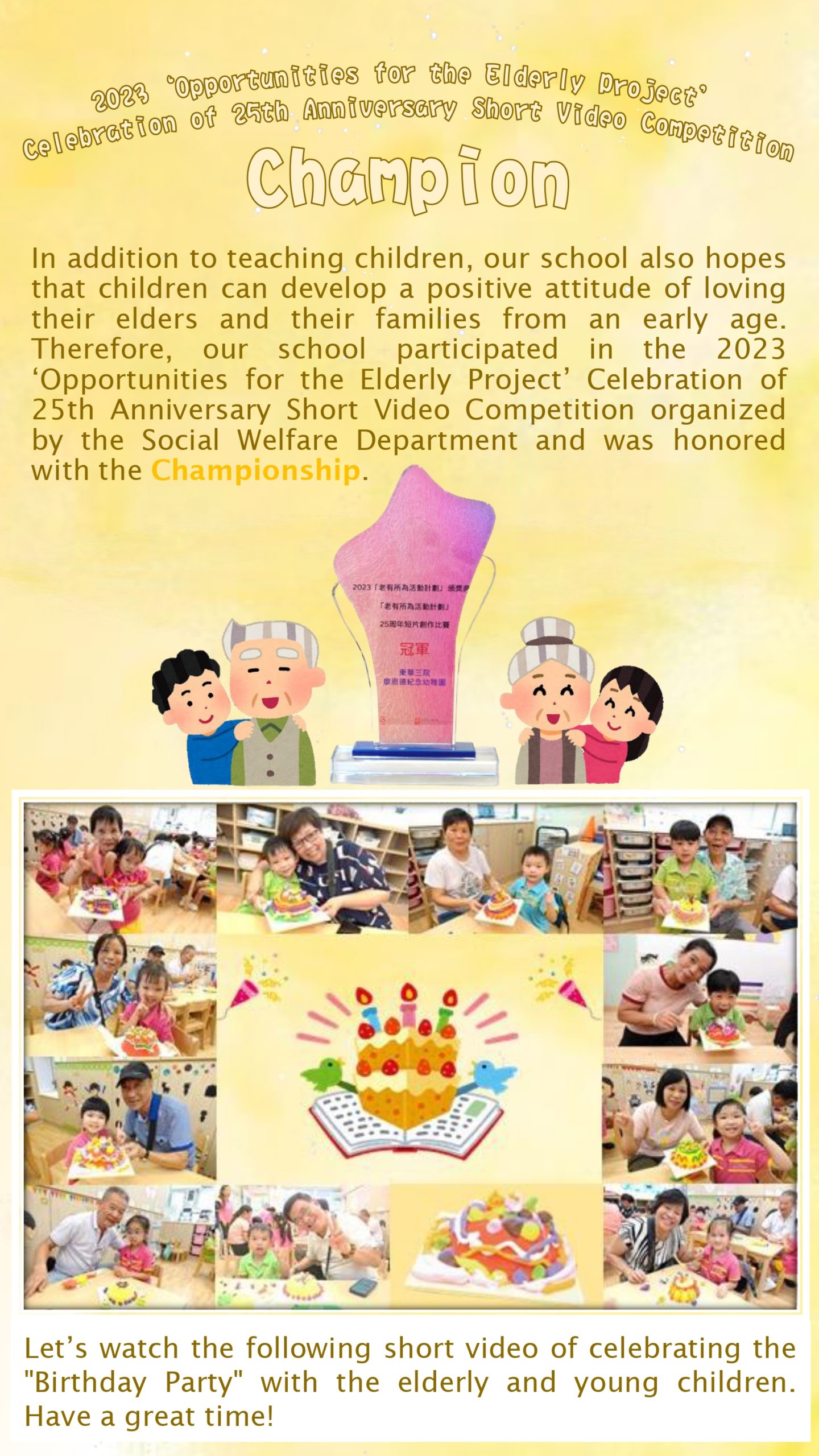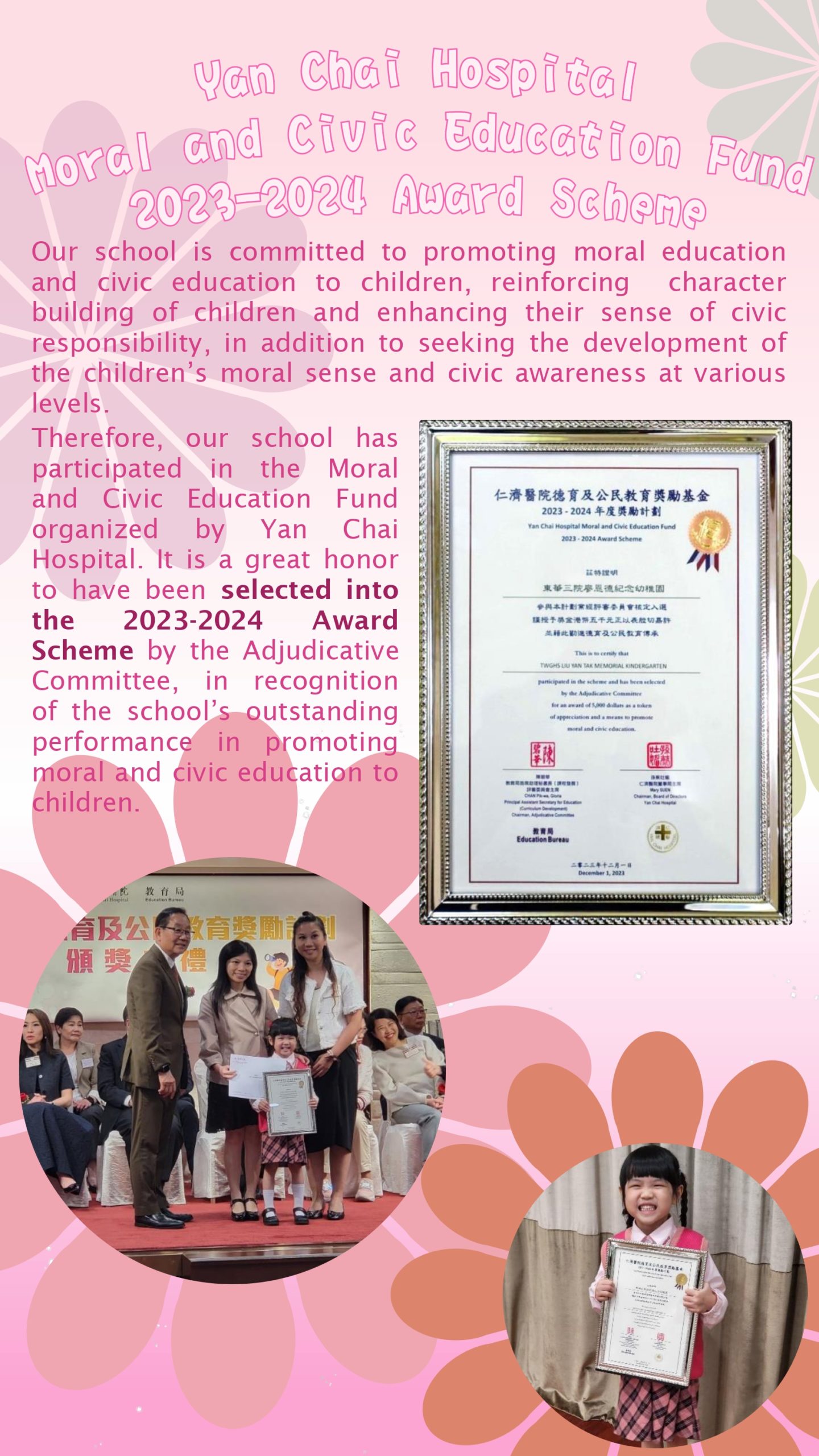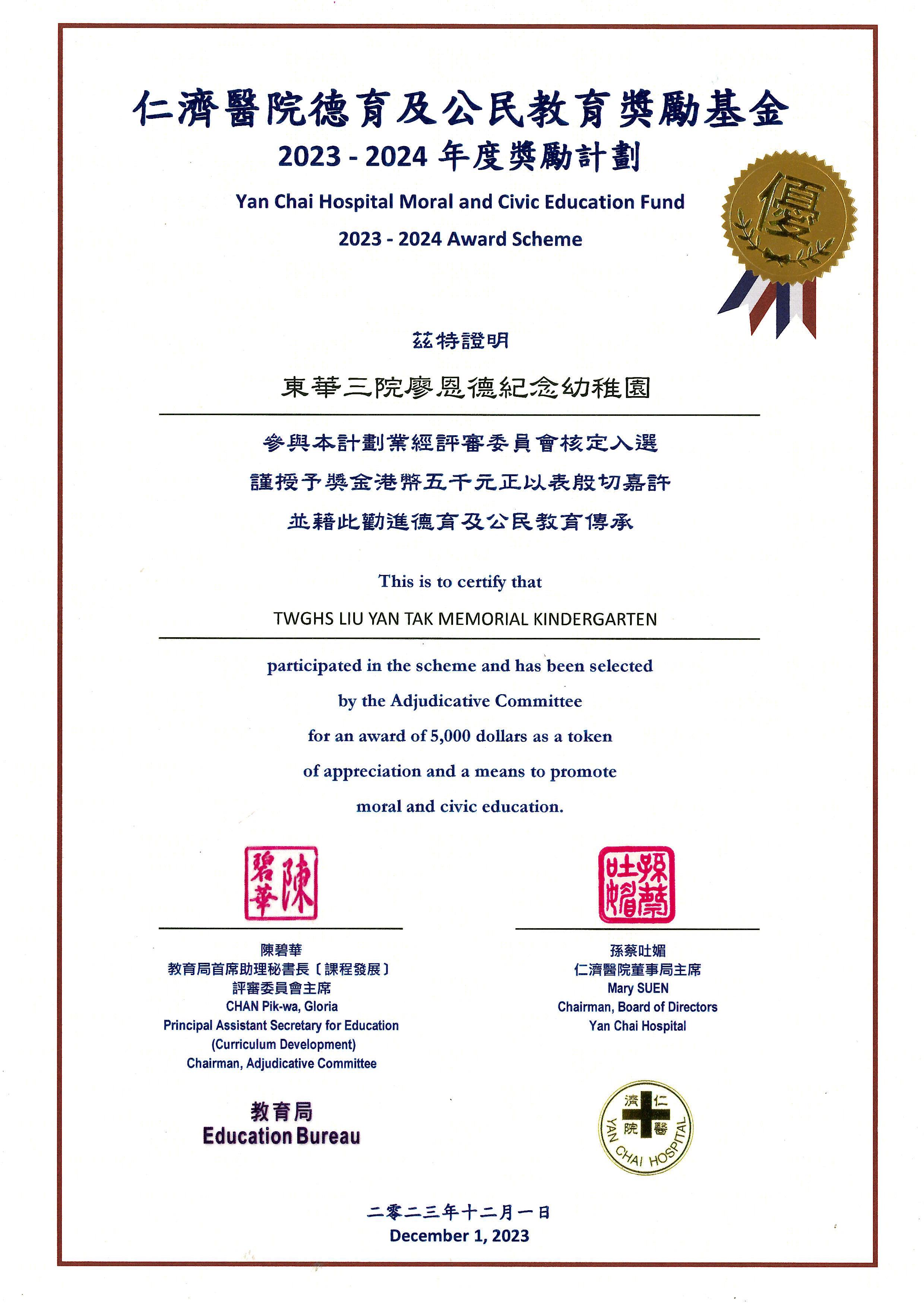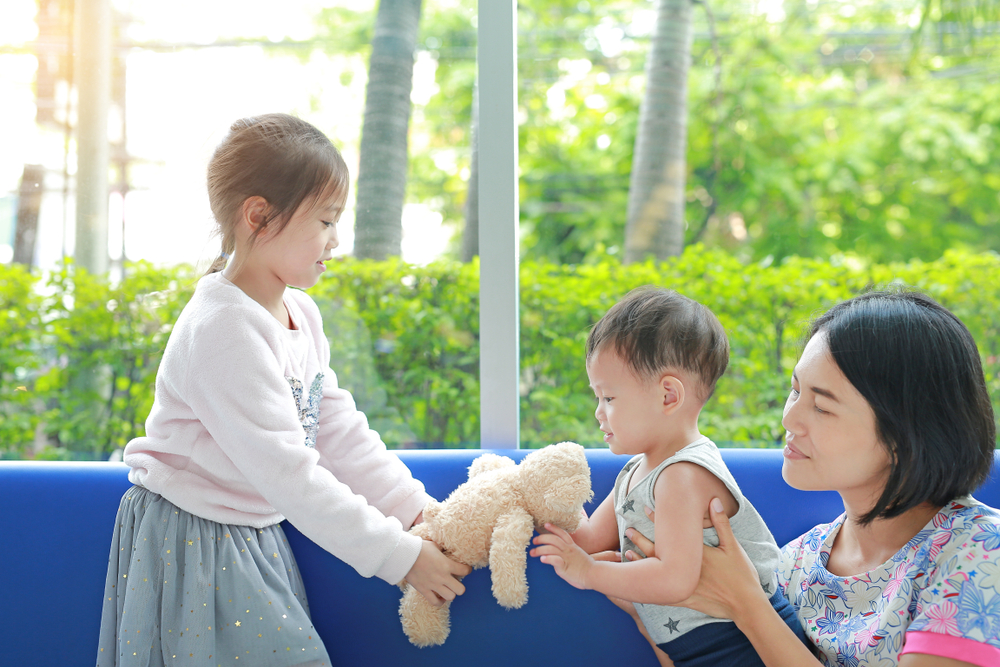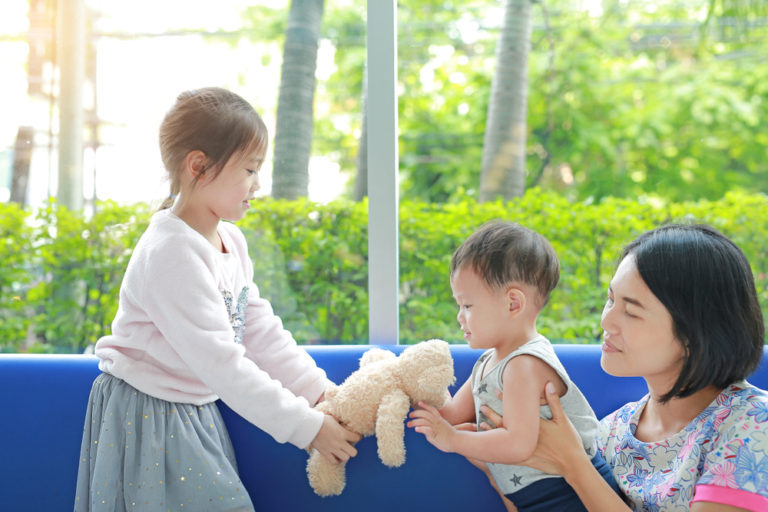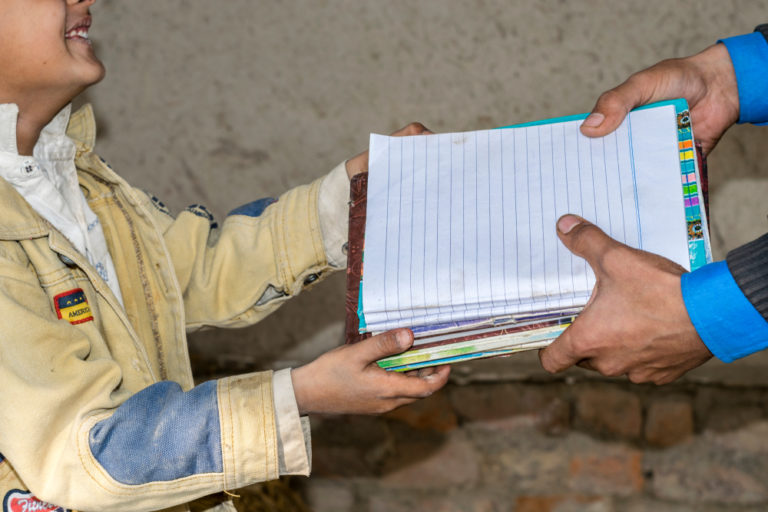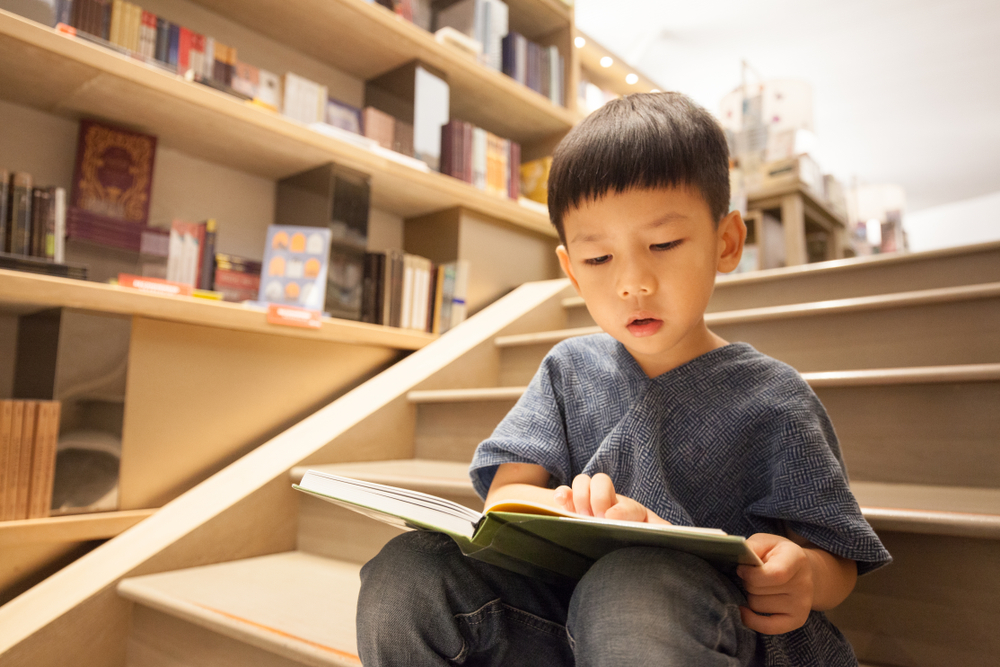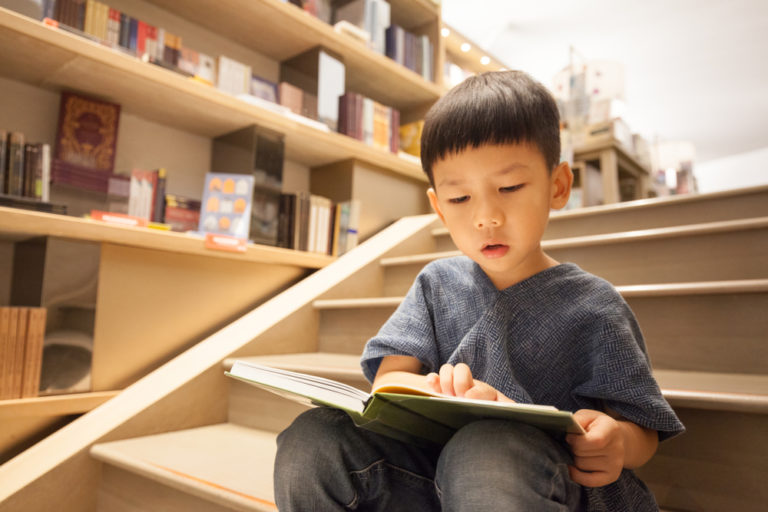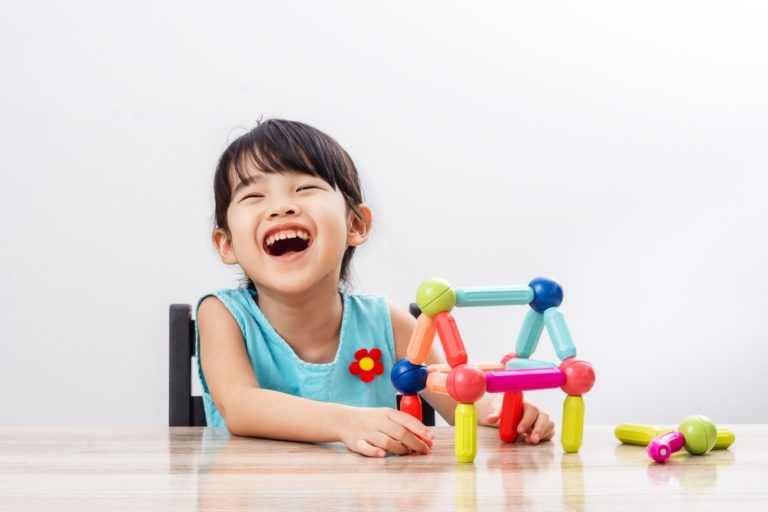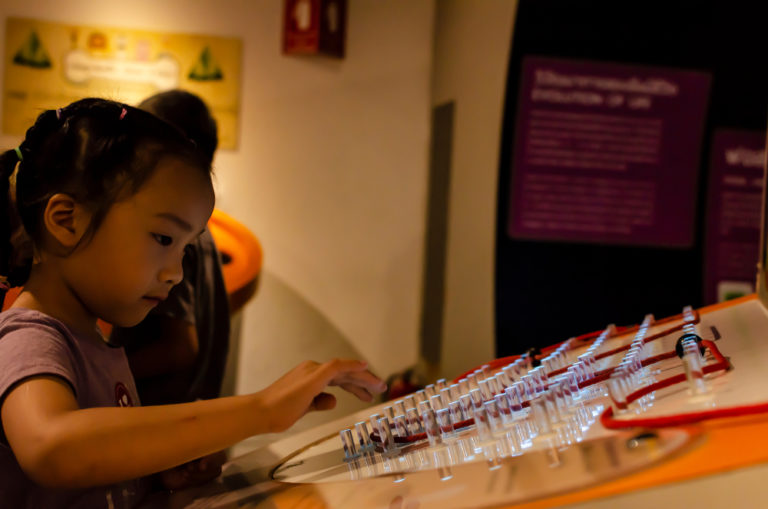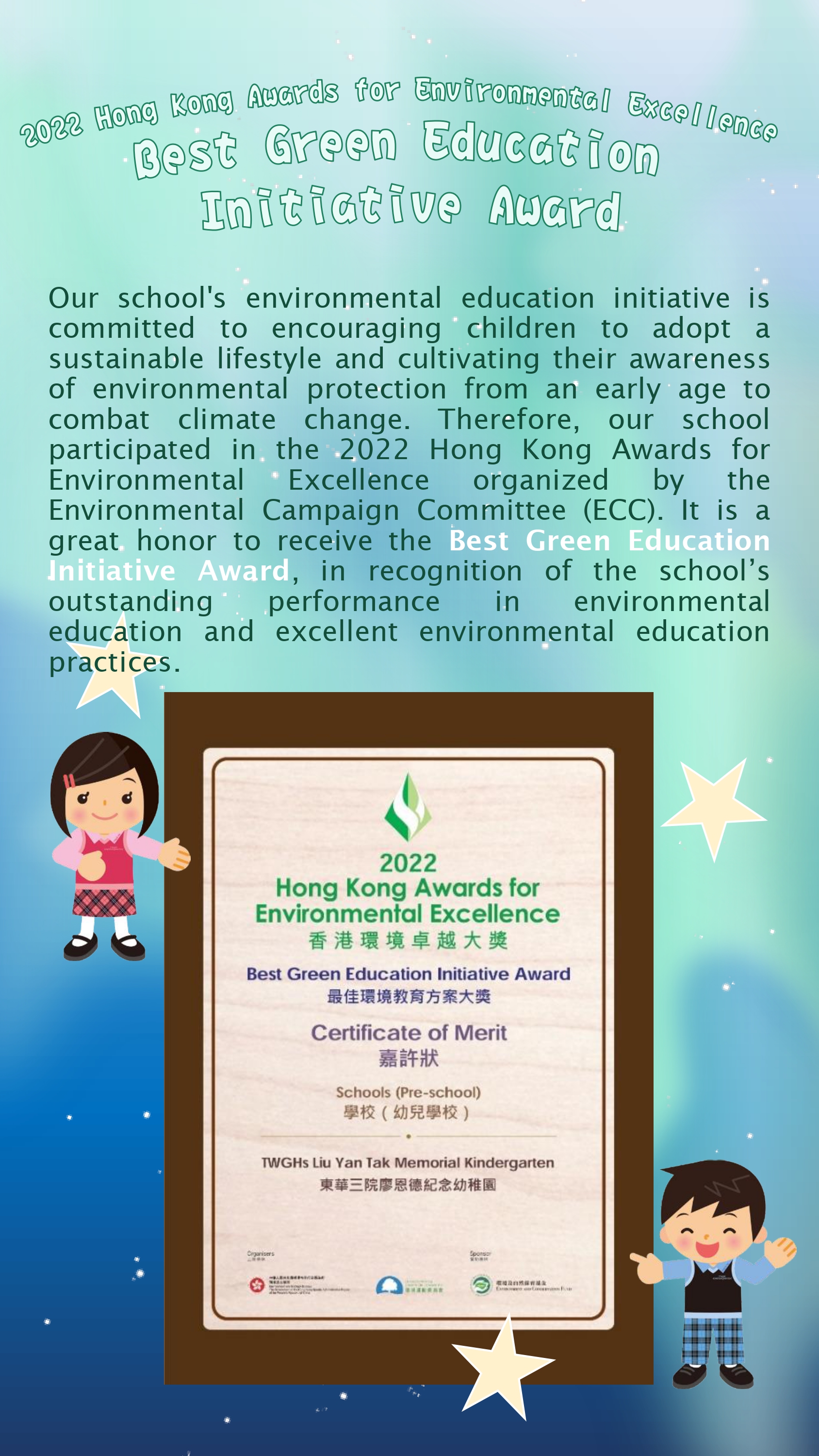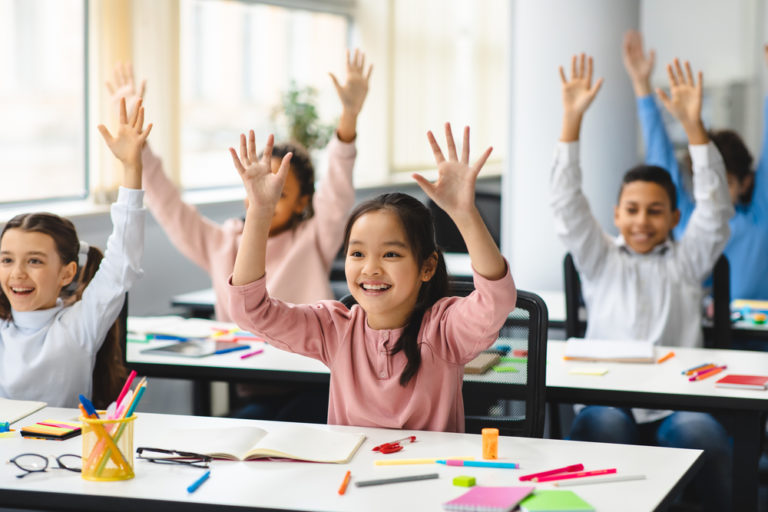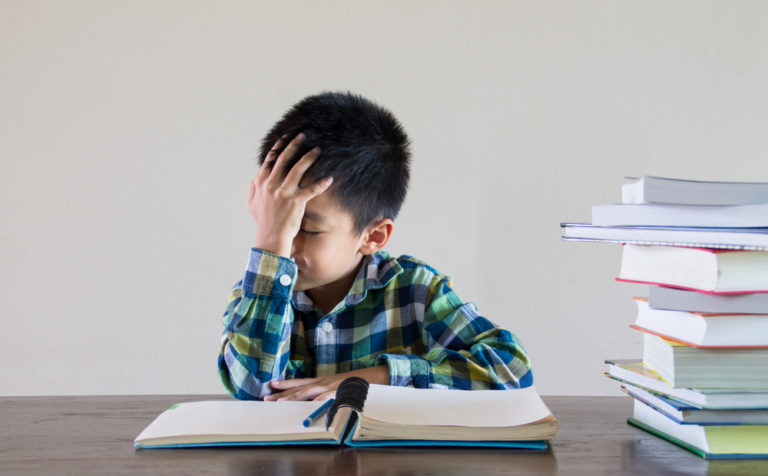Parenting Tips
system

Written by: Senior Early Childhood Education Consultant, Miss Mok Loi Yan
Many parents have asked me about storytelling topics that are challenging to explain to young children, such as stories involving death, like “The Little Match Girl,” or stories with violence, like “Little Red Riding Hood.” Due to the detailed depiction of events in the storybooks and lifelike illustrations, children may experience significant fear of death after listening to or reading such stories. They might be unable to express their inner discomfort, and some children even burst into tears after hearing these stories. What was originally meant to be an enjoyable parent-child storytelling time ends up having the opposite effect, triggering a heavy psychological burden on the children and leaving parents feeling guilty and unsure of how to handle the aftermath.
Fewer Characters, Positive Plot
I advise parents to start by selecting stories that are deemed suitable for a child’s mental and comprehension level from the vast array available in libraries. These stories typically have fewer characters, and a positive plot, and are easy for parents to use during interactive storytelling to help children understand causality and emotions. Stories with fewer characters allow children to focus more on understanding the transformation of the characters’ inner selves, behavior, and values within the story context.
Choosing stories with a positive plot helps build qualities such as self-awareness, problem-solving skills, confidence, and analytical ability in children. These positive aspects counterbalance stories with negative themes, bad situations in stories, or the ability to face difficulties in reality. Therefore, unless parents are certain that their children have accumulated a sufficient foundation of resilience from such stories and mental experiences, they should avoid exposing children to stories with terrifying or negative themes until these prerequisites are met.
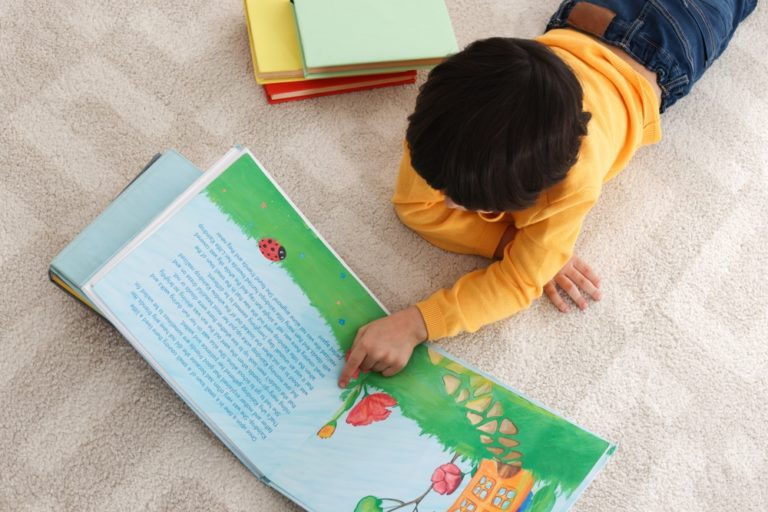
Inspiring Cognitive Growth and Positive Character Principles
Secondly, starting with the educational significance that stories bring to children, it is crucial to steadfastly adhere to the principles of inspiring children’s cognitive growth and fostering positive character development! Regardless of how convincingly the storyteller portrays evil and villains, don’t forget the original intention! Storytelling education is a process of interactive learning between the audience and the storyteller, stemming from the direct description of scenes, associated information, and the shared underlying meaning. These observations, descriptions, awareness, and interactive content arise from the mental and emotional states of the audience and storyteller at that moment, as well as their accumulated personal experiences.
The role of the storyteller in education is highly important. In addition to carefully preparing and reading the story content, emphasizing key points and conveying the underlying meaning clearly, the storyteller should also be prepared to trigger children’s thinking about people and events at certain points in the story. Providing opportunities for the exchange of values in description and atmosphere creation is essential. Most importantly, observe the audience’s reactions while listening to the story and engage in interactive parts that deepen thought and sustain curiosity.
Dramatization and interaction should be humanized
Thirdly, ensure that the dramatization and interaction by the storyteller have the invigorating effect of being humanized and appealing to innate goodness. Whether in stories or the real world, children face different psychological and situational challenges that provide them with important opportunities for development. These experiences make them happier and more resilient than children who grow up in a sheltered environment. As the guiding light for children, we should equip them with the abilities needed for their journeys in life. Therefore, gradually tailor stories to children’s life experiences and cognitive levels, providing narratives of different levels, encounters, or aspects of human nature for them to hear.
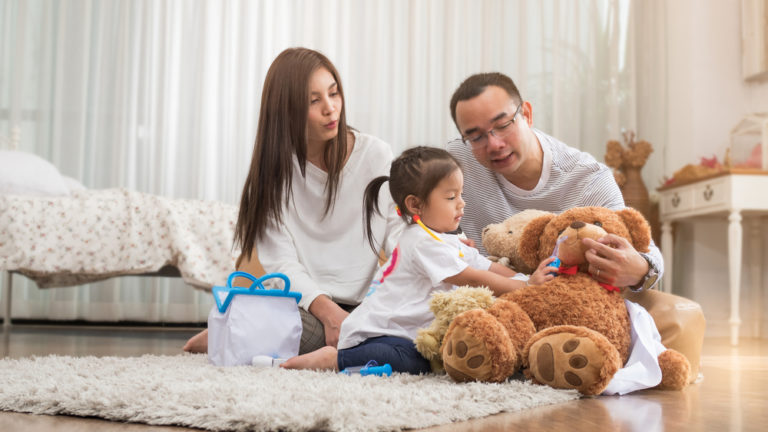
When the storyteller portrays negative characters or delves into psychological crossroads and choices involving human nature, it is even more crucial to vividly depict the inner dialogue of conscience. The storyteller, assuming a narrative role, should provide children with positive consequences as a reference and analyze the relationships between themselves, characters, and situations. When parents engage in storytelling education with children, any decisions made in response to presented scenarios must be voluntary. Allowing children to experiment, face challenges, or find solace in the virtual world is essential. Moreover, it is important to make children aware of the parents’ stance and understand that parents are open to discussion and can be approached for communication! If the interactions spark reflective thoughts on love in children, helping them find their position in these values, the storyteller has successfully illuminated an outstanding life for the child through the story.



